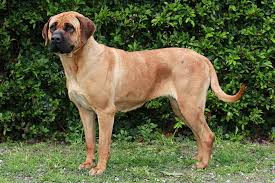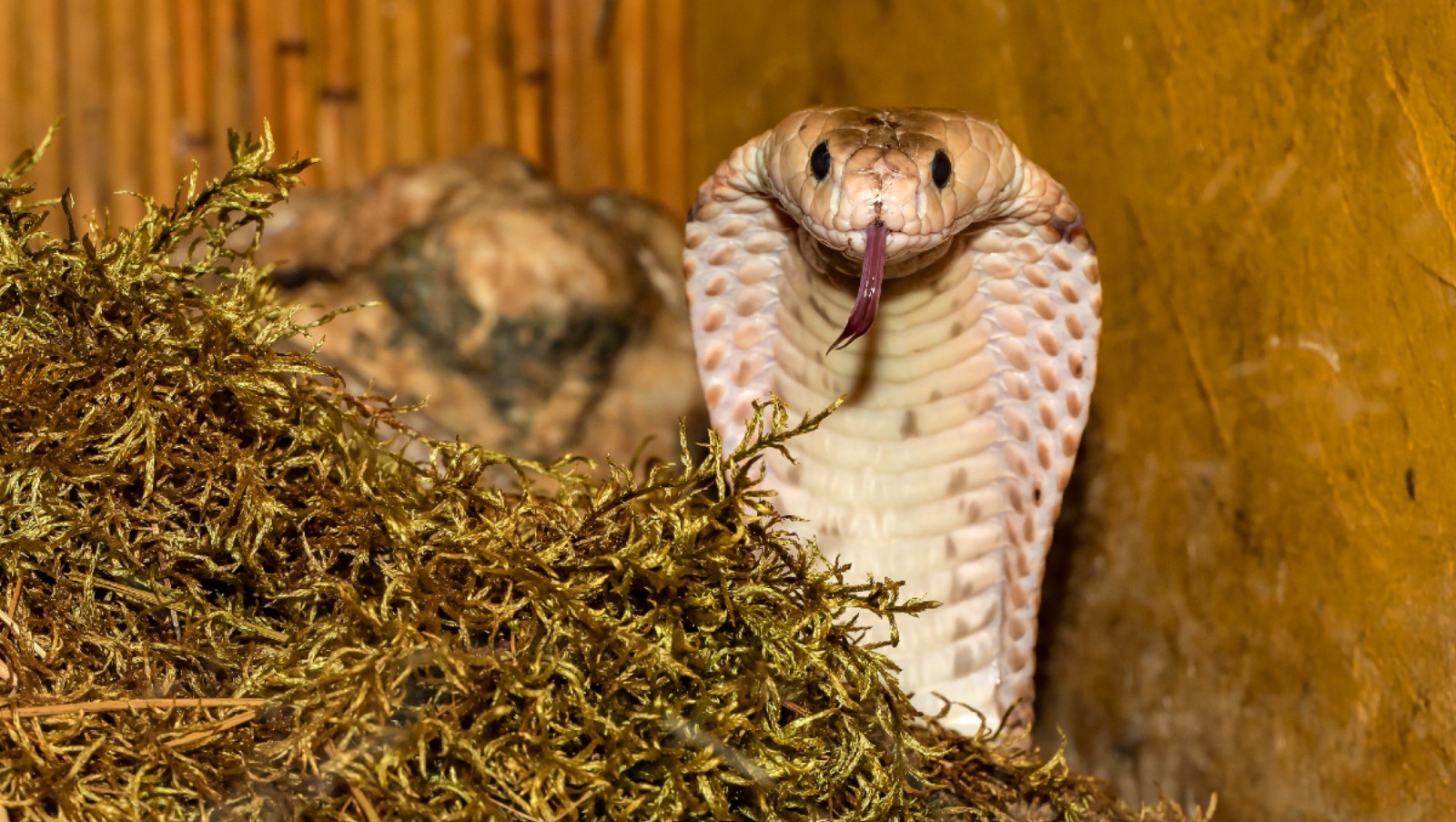
Tosa
Conditions of detention
Tosas thrive in environments where they have space to move and exercise. They are best suited for homes with large yards or rural properties where they can be active.
Useful Fact: Due to their size and strength, Tosas require a secure area to prevent them from wandering off. They benefit from homes with ample space for physical activity.
Nutrition and diet
A balanced diet rich in protein and healthy fats is essential for the Tosa. High-quality commercial dog food or a mix of fresh ingredients like meat, vegetables, and grains is recommended.
Useful Fact: Feeding a diet that supports their muscular build and energy levels helps maintain their health and vitality, particularly given their large size and active nature.
Health
Tosas are generally healthy dogs but can be prone to certain genetic conditions such as hip dysplasia, bloat (gastric torsion), and heart issues. Regular veterinary check-ups are essential to monitor their health.
Useful Fact: Preventive measures, such as feeding smaller, frequent meals and avoiding vigorous exercise immediately after eating, can help reduce the risk of bloat.
Grooming and care
The Tosa has a short, dense coat that requires minimal grooming. Regular brushing helps remove loose hair and keep their coat healthy.
Useful Fact: Their low-maintenance coat makes them easy to care for, requiring only occasional baths and regular brushing to maintain cleanliness.
Education and training
Tosas are intelligent and loyal but can be independent and strong-willed. They respond best to positive reinforcement and consistent, firm training methods.
Useful Fact: Early socialization and obedience training are crucial to manage their strong protective instincts and ensure they are well-behaved around people and other animals.
Toys and entertainment
These dogs enjoy toys that challenge their minds and bodies, such as durable chew toys, fetch toys, and interactive games. Engaging in activities like obedience training and scent work can be very stimulating for them.
Useful Fact: Providing a variety of toys and regular playtime can prevent boredom and destructive behavior, keeping them mentally and physically active.
Safety
Due to their strength and protective instincts, Tosas should be kept in a secure area when outdoors. They need to be monitored to prevent them from becoming overly territorial.
Useful Fact: A well-fenced yard is essential to give them the freedom to roam safely without the risk of escaping.
Accessories
Sturdy collars, harnesses, and leashes are important for managing the Tosa during training and outdoor activities.
Useful Fact: Using a harness can provide better control and prevent neck strain, especially during walks and training sessions.
Socialization
Tosas are loyal and protective of their families but can be wary of strangers. Early and consistent socialization is important to ensure they are comfortable in various environments.
Useful Fact: Introducing them to different people, animals, and settings from a young age helps them become well-adjusted and confident adults.
Travel and Transportation
Tosas can travel well if they are accustomed to it from a young age. Ensuring they have a comfortable and secure space in the vehicle is important.
Useful Fact: Using a travel crate or a harness designed for car travel ensures their safety and comfort during trips.
Behavior and psychology
The Tosa is known for its loyalty, intelligence, and strong protective instincts. They form strong bonds with their families and are naturally vigilant.
Useful Fact: Understanding their guarding nature and providing proper training can help manage their behavior and ensure they are confident and well-behaved.
Legal aspects
Owners should comply with general dog ownership laws, such as licensing, vaccination requirements, and leash laws.
Useful Fact: In some countries and regions, the Tosa is subject to breed-specific legislation due to its history as a fighting dog, so checking local laws is important.


